
The life science research professional at Stanford University discussed preclinical research she presented at the American Heart Association’s Scientific Sessions 2023.

The life science research professional at Stanford University discussed preclinical research she presented at the American Heart Association’s Scientific Sessions 2023.
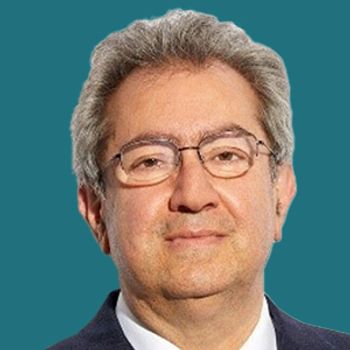
Roger Hajjar, MD, the director of the Mass General Brigham Gene and Cell Therapy Institute, spoke about his presentation on gene therapy for cardiologists at AHA’s 2023 Scientific Sessions.
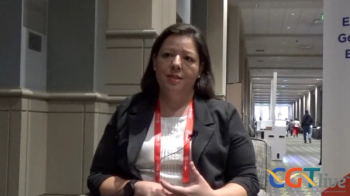
The research associate at the The Texas Heart Institute discussed preclinical research she presented at AHA’s 2023 Scientific Sessions on MSC-derived exosomes.
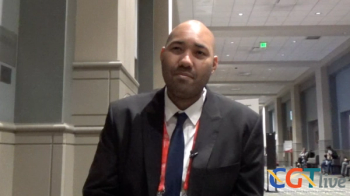
The postdoctoral research fellow at Cedars Sinai Medical Center discussed the future of RNA therapy in the context of research in systemic sclerosis he presented at AHA’s Scientific Sessions 2023.

Eli Lilly’s small interfering RNA therapy showed significant serum reductions with a single dose while remaining well-tolerated. A larger phase 2 study is currently ongoing.
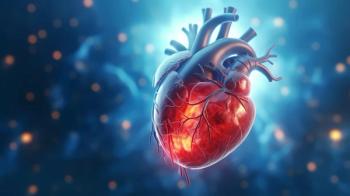
AskBio presented data from a phase 1/2 trial of AB-1002 gene therapy at the AHA Scientific Sessions 2023 meeting.
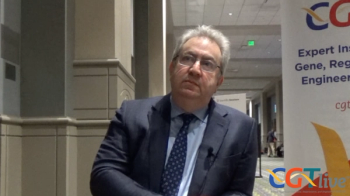
The director of the Mass General Brigham Gene and Cell Therapy Institute shared his main message for cardiologists at the American Heart Association’s Scientific Sessions 2023.
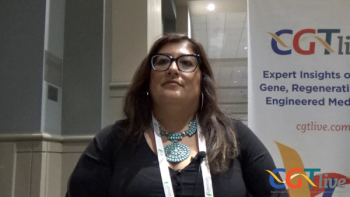
The professor of medicine at University of California San Diego discussed promising preclinical findings she presented at the American Heart Association’s Scientific Sessions 2023.
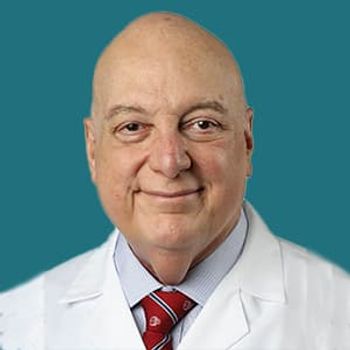
Data on zilebesiran from the KARDIA-2 trial, in combination with other hypertension medicines, are expected in 2024.
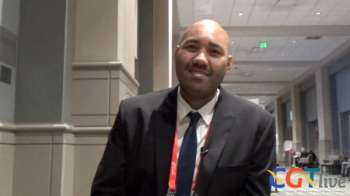
The postdoctoral research fellow at Cedars Sinai Medical Center discussed preclinical research he presented at the American Heart Association’s Scientific Sessions 2023.
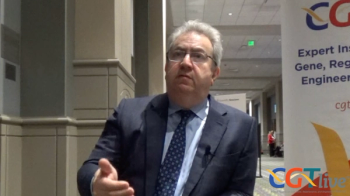
The director of the Mass General Brigham Gene and Cell Therapy Institute discussed the history and future of gene therapy in cardiology at the American Heart Association’s Scientific Sessions 2023.
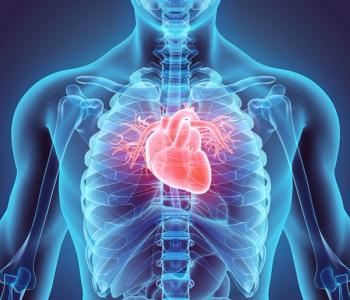
One serious AE of myocardial infarction may have been related to VERVE-101 therapy while other AEs of fatal cardiac arrest and tachycardia were determined to be unrelated to the therapy.